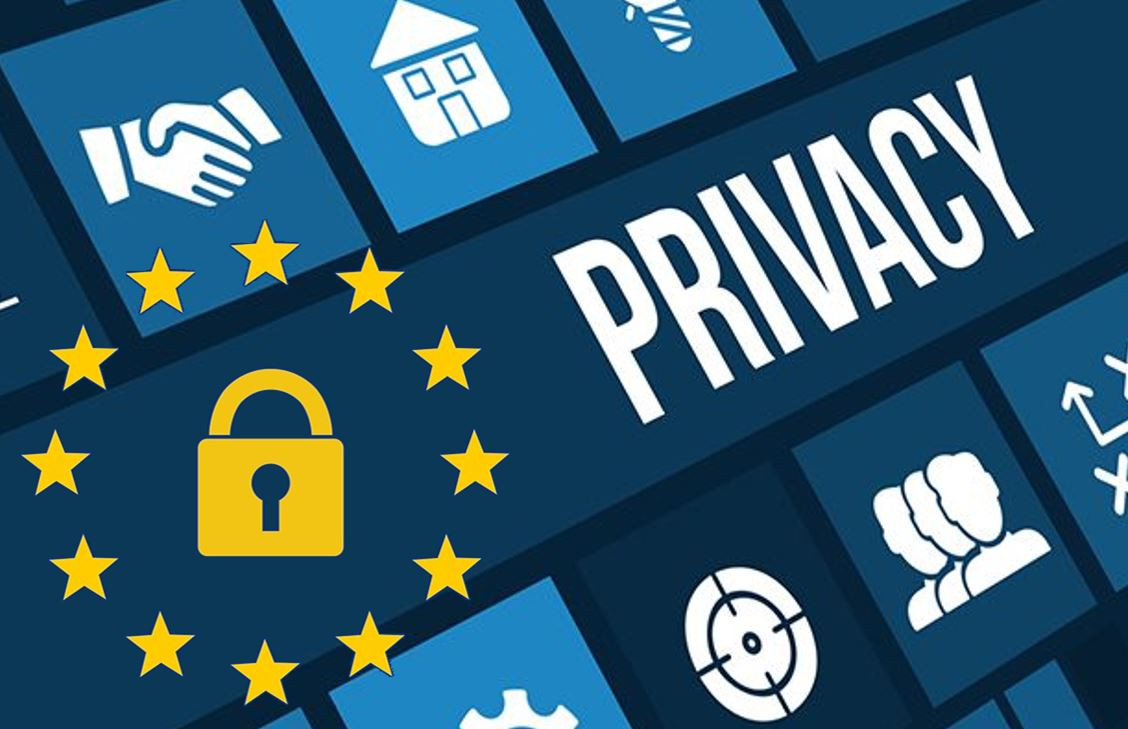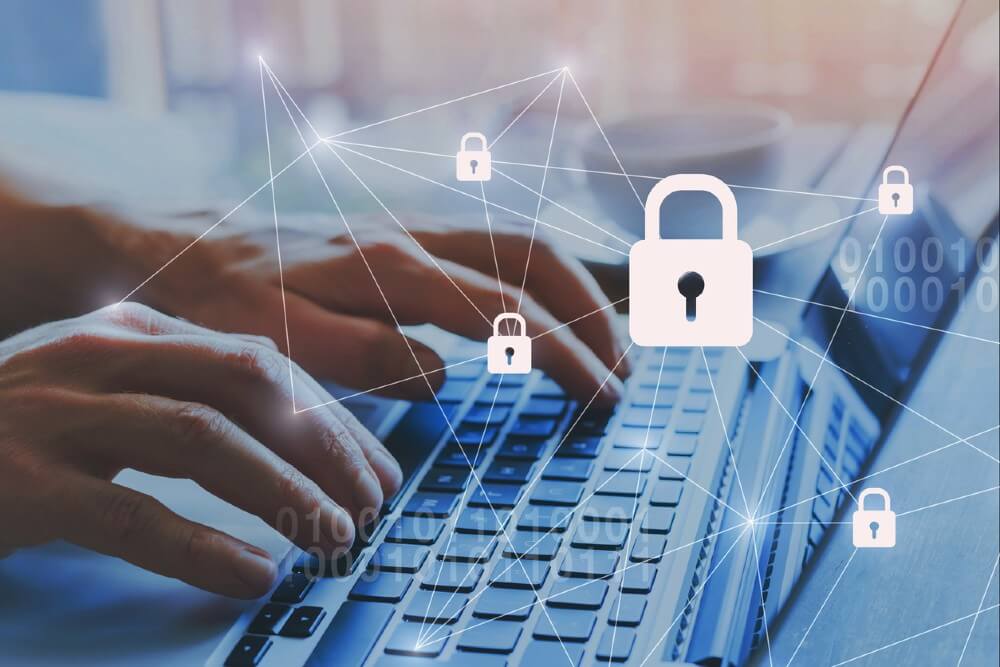Data Protection Law: complying with the GDPR
The General Data Protection Regulation (GDPR) is a comprehensive data protection law that came into effect on May 25, 2018. It applies to all...

Data encryption is a process that converts plain text into coded text that authorized parties can only decipher. It is an essential technique in today's digital age to safeguard sensitive information and guarantee privacy. Encryption ensures that only authorized parties can access the information, making it much more challenging for hackers or malicious actors to steal or misuse the data. This is particularly important for businesses and organizations that handle sensitive customer or client information, such as credit card numbers, social security numbers, and personal health information.
For businesses, the consequences of a data breach can be severe. A data breach can result in the loss of customer trust, financial penalties, and damage to a company's reputation. In addition, businesses may be required to notify customers of the breach, which can be costly and time-consuming. Furthermore, a data breach can result in losing sensitive and confidential information, negatively impacting a business's operations and competitiveness.
Encryption can help businesses protect against these risks by making it much more difficult for hackers or malicious actors to steal or misuse the data. Additionally, encryption can help to ensure compliance with various regulations and laws, such as the General Data Protection Regulation (GDPR) and the Health Insurance Portability and Accountability Act (HIPAA), which have strict requirements for the handling and storage of sensitive information.
Moreover, encryption is essential for businesses relying on remote workers or frequent travel employees. It protects data stored on mobile devices such as laptops, smartphones, and tablets from being accessed by unauthorized parties in case of loss or theft.
On the other hand, cybercriminals can use stolen data that wasn't encrypted in various ways. They can sell it on the dark web, use it for identity theft, use it for phishing scams, or use it for ransomware attacks. Stolen credit card numbers can be used to make fraudulent purchases, and personal information can be used to open bank accounts or take out loans in someone else's name. In addition, cybercriminals can also use stolen data to target specific individuals or organizations with tailored attacks.
In conclusion, data encryption is essential for businesses to protect sensitive and confidential data from unauthorized access, breaches, and cyber-attacks. It helps to ensure compliance with various regulations and laws and protects data stored on mobile devices in case of loss or theft. Businesses that fail to encrypt their data risk suffering severe consequences, including loss of customer trust, financial penalties, and damage to their reputation. Cybercriminals can use stolen data that wasn't encrypted in various ways that can cause harm to individuals and organizations. Businesses need to prioritize the implementation of encryption to protect sensitive data.

The General Data Protection Regulation (GDPR) is a comprehensive data protection law that came into effect on May 25, 2018. It applies to all...

Following a month of devastating ransomware attacks carried out by the Conti cybercriminal group, Costa Rica's newly elected president, Rodrigo...

Security is more crucial than ever in the digital age. There's a good chance that you've heard about the rise in attacks over the past several years,...